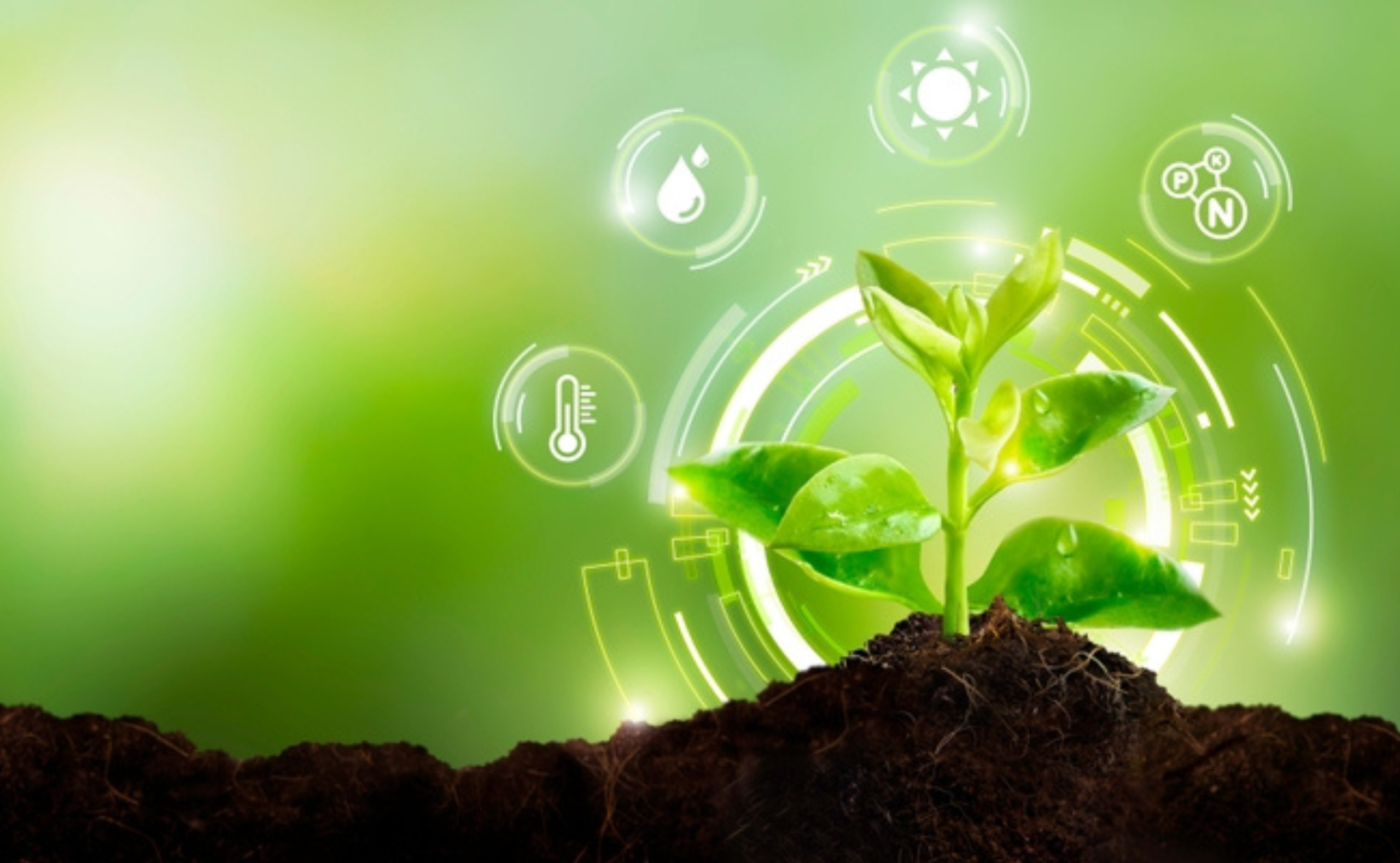- هذا الموضوع فارغ.
- الكاتبالمشاركات
- أبريل 11, 2025 الساعة 5:47 ص #625864

Precision agriculture has emerged as a revolutionary approach to farming, leveraging cutting-edge technologies to optimize resource use. This method employs a variety of tools such as GPS, drones, sensors, and data analytics to enhance crop production, reduce waste, and conserve vital resources.
As the global population continues to rise and the demand for food increases, the need for sustainable and efficient farming practices is paramount. Precision agriculture technologies play a crucial role in addressing these challenges by ensuring that resources like water, fertilizers, and land are used in the most efficient and environmentally responsible way.
1. Efficient Water Management
One of the most critical resources in farming is water, and precision agriculture has significantly improved its management. Through advanced irrigation systems equipped with sensors and real-time data analytics, farmers can monitor soil moisture levels and adjust irrigation schedules accordingly. This reduces water wastage and ensures crops receive the optimal amount of water.
By using technologies such as soil moisture sensors, farmers can prevent over-irrigation or under-irrigation, which can both lead to inefficiency and crop stress. These water management strategies are vital in arid regions, where water conservation is essential for sustainable agriculture.
2. Optimized Fertilizer Use
Another resource that can be optimized through precision agriculture is fertilizers. Traditionally, farmers would apply fertilizers uniformly across large fields, often leading to over-application in some areas and under-application in others.
This not only wastes resources but can also harm the environment through runoff. With the help of precision agriculture tools such as soil nutrient sensors and satellite imagery, farmers can apply fertilizers in a more targeted manner.
By knowing the exact nutrient needs of different areas within a field, farmers can reduce fertilizer use while still promoting healthy crop growth. This reduces costs and environmental impact, all while maintaining or even increasing crop yields.
3. Maximizing Crop Yields
Precision agriculture technologies contribute to maximizing crop yields by allowing farmers to monitor crop health and growth in real time. With the use of drones, satellite imagery, and sensors, farmers can detect early signs of disease, pest infestations, or nutrient deficiencies.
This early detection enables timely interventions, reducing the need for large-scale pesticide applications and ensuring that crops receive the nutrients they need when they need them.
Furthermore, by using precision planting techniques, farmers can ensure that seeds are planted at the optimal depth and spacing, leading to healthier crops and higher yields.
4. Soil Health and Management
Soil health is a critical factor in successful farming, and precision agriculture plays a vital role in managing it effectively. Soil sensors can measure various properties, such as pH levels, organic matter, and compaction, providing farmers with detailed information about soil conditions.
This allows for more precise soil amendments, such as lime or compost, to improve soil fertility and structure. By understanding the unique characteristics of different areas within a field, farmers can implement tailored soil management practices that enhance long-term soil health and productivity.
Healthy soil is essential for sustaining agriculture in the face of climate change and ensuring future food security.
5. Reduced Environmental Impact
Precision agriculture technologies are not only beneficial for farmers but also for the environment. By optimizing the use of resources such as water, fertilizers, and pesticides, precision agriculture helps reduce waste and minimize the environmental impact of farming.
For example, by using GPS-guided machinery and variable rate technology, farmers can apply chemicals and fertilizers only where they are needed, reducing runoff and pollution.
This minimizes the negative effects of agricultural practices on local ecosystems and water sources. In the long run, the adoption of precision agriculture technologies can contribute to more sustainable farming practices that help preserve the environment for future generations.
In conclusion, precision agriculture technologies play a pivotal role in optimizing resource use on farms, offering solutions that enhance efficiency, reduce waste, and minimize environmental impact.
By improving water management, optimizing fertilizer use, maximizing crop yields, managing soil health, and reducing the environmental footprint of farming, these technologies help ensure that farming can meet the growing global demand for food in a sustainable and responsible way.
As these technologies continue to evolve, their role in reshaping the future of agriculture and resource use will only become more significant. Precision agriculture is truly a key to achieving more sustainable and productive farming practices.
Read Also: Management Of Beef Cattle in Agriculture
- الكاتبالمشاركات
- يجب تسجيل الدخول للرد على هذا الموضوع.

